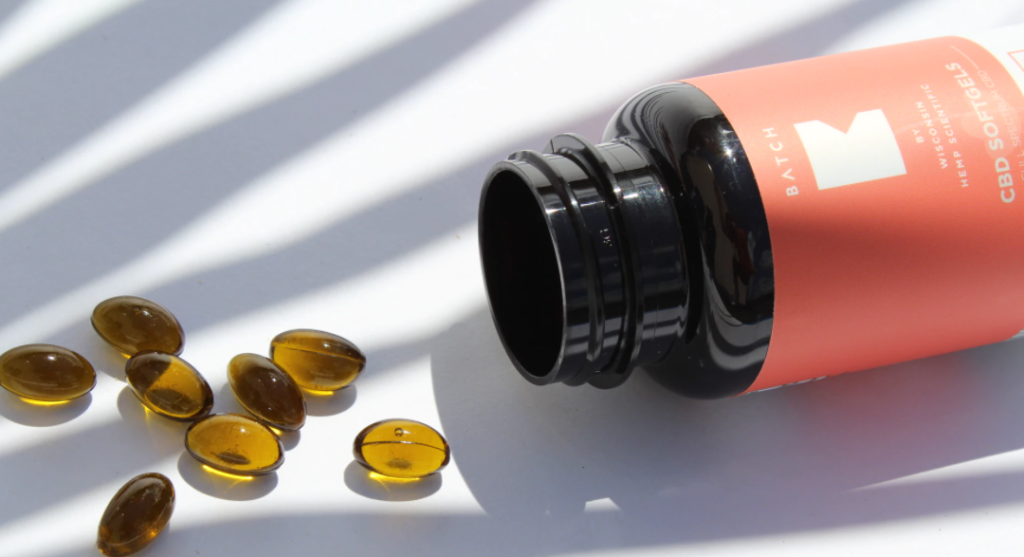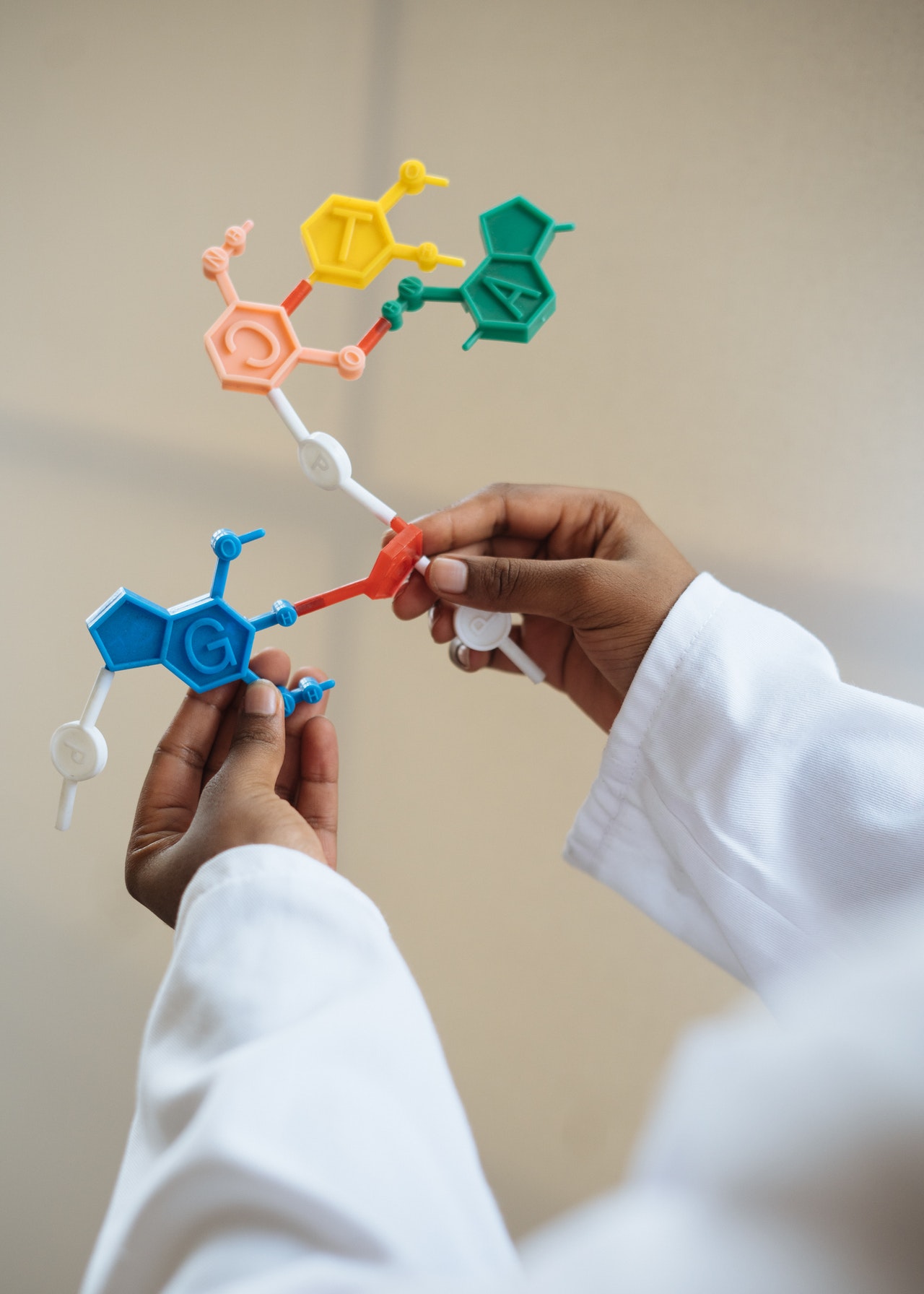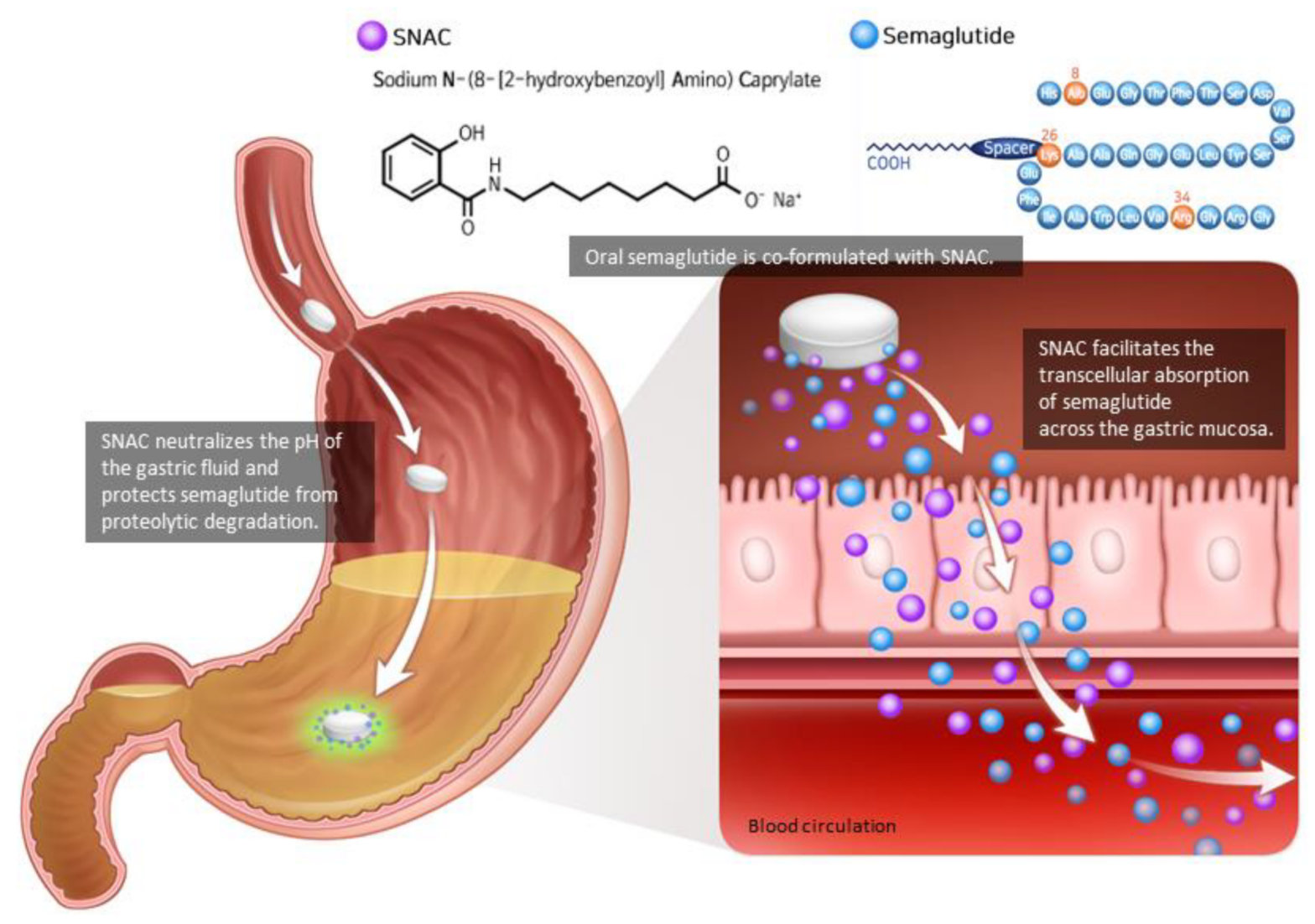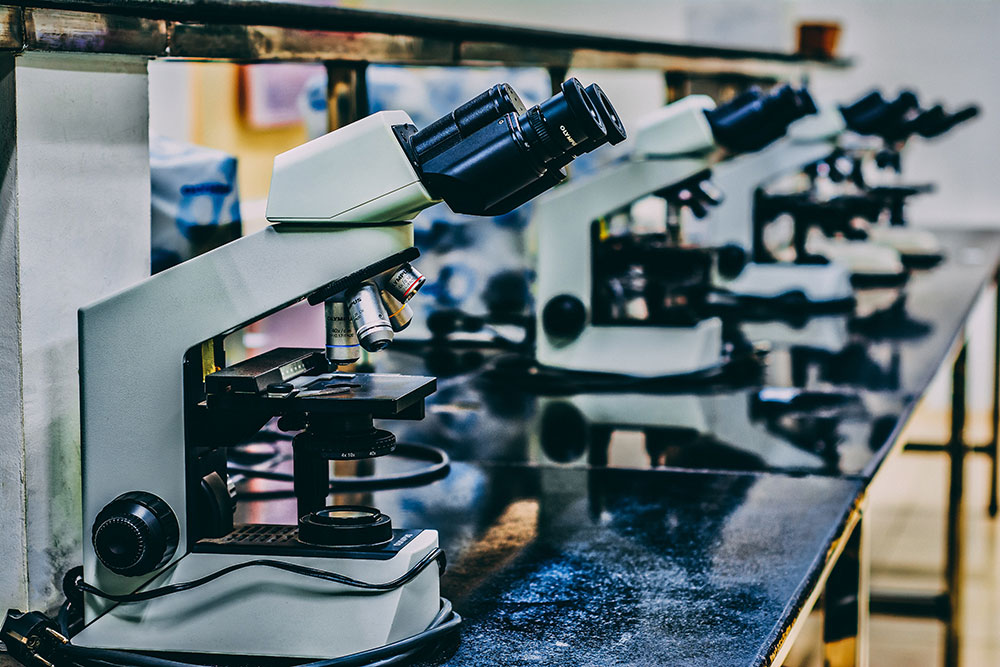Hormones are a part of every human’s body that initiates many changes in their metabolism, affecting their health. Hormone imbalances in women are particularly aggressive, especially when they undergo menopause. Many other causes of hormonal imbalance include polycystic ovarian syndrome, Perimenopause, Pregnancy, Insulin resistance, Diet or dietary changes, Birth control, Menstrual cycles, stress, or mental health disorders. The symptoms of such hormonal imbalances, typically from menopause, can influence women enough to receive treatment known as hormone replacement therapy.
Ultimately the primary purpose of hormonal replacement therapy or HRT is to relieve symptoms of menopause and other hormonal imbalances. Lack of treatment for these hormonal imbalances results in increased PMS symptoms. Other issues include Trouble sleeping, Painful periods, Weight gain, Hot flashes, Loss of energy, Elevated estrogen levels, Irregular menstrual cycle, Poor digestion, severe mood swings, and irritability.
These symptoms cause our relationships to collapse and our quality of life to suffer. The good news is that you can take the necessary vitamins from your diet to balance your hormones.
Vitamins alone may not be enough to help you tackle your hormonal balancing problems; however, if you are undergoing HRT, adding them as part of your diet will profoundly impact your health.
The Secret to Hormone Balance Is a Healthy Diet
It would be best to always depend on your food source to treat your hormonal imbalance quickly. Your dietary intake will provide micronutrients and macronutrients to ensure you have all the ingredients to tackle menopausal symptoms. Supplements are a viable source of such nutrients, but organic food items are far better in comparison.
The nutrients you receive will originate directly from the earth, making them the perfect natural option. Your endocrine system requires a good amount of food that provides specific nutrients.
These select food items will help improve hormone production.
We will expound on them in the following.
Magnesium
it is viable that you receive your magnesium through supplements or even by spraying it on your skin, it is much better to opt for food items if you want to gain essential magnesium.
Some magnesium-rich foods include Dark Chocolate, Avocados, Dark leafy greens, lentils, chickpeas, black beans, and Seeds like flax, pumpkin, and chia. The more you consume these food products, the more magnesium your body will absorb to balance your hormones.
Your hormones will benefit from avocados as well. These organic supplements provide magnesium and a lot of potassium, vitamin K, and B vitamins.
Furthermore, it has been demonstrated that avocados can make you feel satisfied, which can help you avoid the weight gain that commonly occurs due to hormonal changes. As far as dark chocolate is concerned, it is one of the best magnesium-rich food available. It is known to comprise prebiotic fiber, which helps better gut problems. Its abundant antioxidants, copper, iron, and manganese, make this a valuable hormonal balancing food source for many women.
B Vitamins
When experiencing hormonal ups and downs or any other changes, consuming an adequate B-complex vitamin is wise. You might want to take supplements for this specific combination of vitamins between consuming meals rich in these vitamins.
There are nine different types of B vitamins, and various foods might offer certain kinds of these vitamins.
B9, sometimes called folate, is found in leafy greens, including spinach, kale, collard greens, and romaine lettuce. To preserve B9, they should be consumed raw or very briefly heated. Eggs are one of the finest sources of vitamin B7, commonly known as biotin. B2, B5, B9, and B12 are present in this food product. Salmon is an excellent supplier of numerous B vitamins. B1, B2, B3, B5, B6, and B12 are prevalent in salmons.
Other food products containing B Vitamins include Beans, Milk, Oysters, Clams, Trout, Yogurt, Chicken, Mussels, Sunflower seeds, Turkey, and Beef.
Probiotics
Probiotics are the best elements that alleviate all issues from hormonal imbalances. It is a viable idea to consume a probiotic supplement specifically if you do not enjoy food rich in probiotics, including Miso, Yogurt, Kimchee, Kefir, Kombucha, and Sauerkraut. Mozzarella cheese also contains bacteria that are viewed as a probiotic food.
Nutrients That Enhance Liver Health
Your liver is the main organ responsible for metabolizing and eliminating excess estrogen, which contributes significantly to hormonal imbalance. Therefore, you should take supplements like alpha-lipoic acid, vitamin C, and turmeric to help strengthen your liver.
Consume a lot of vitamin C-rich foods, such as strawberries and oranges. Use turmeric in your cooking, swallow a supplement, or sip golden milk. You will receive most of your alpha-lipoic acid from a supplement, but you may also eat the foods such as Red meat, Broccoli, Brussels sprouts, Spinach, Organ meats, and Tomatoes to increase your intake.
Omega-3 Fatty Acids
Usually, omega-3 fatty acids are consumed in the form of fish oil supplements that are good in quality. But you can take most of your omega-e fatty acids from foods such as Walnuts, Chia seeds, Herring, Flax seeds, Hemp seeds, Egg yolks, Cod liver oil, and fish such as anchovies, salmon, sardines, mackerel, and herring. Most of the time, people consume seafood to gain their omega-3 fatty acids and treat their hormonal imbalance.
Vitamin D3
Suffice it to say it is estimated that 41% of Americans have vitamin D deficiency. This reason alone should warrant people increasing their vitamin D intake, especially in the winter months. We receive our vitamin D from the sun; however, we can adopt other food items like egg yolks or fatty foods. Supplements are also an option for those who do not have access to Vitamin D-rich food products.
What makes vitamin D special is that it is a hormone that connects with your other hormones, helping in their balancing. This is why it is critical that you up your vitamin D2 and D3 intake to avoid fluctuations in your hormones.
As a fat-soluble vitamin, vitamin D should be taken with the fatty meal of the day for proper absorption. Alternatively, combine your fish oil and vitamin D supplements.
Now this begs the obvious question, is it better to rely on a balanced diet or opt for HRT treatment instead? Realistically, HRT is the best procedure for women who want immediate results and treatments for their health problems. But this does not mean that the vitamins are useless. You need to find a way to add them to your daily intake.
Overall, vitamins alone cannot help you in your hormone balancing endeavors. But if you are receiving HRT, consuming them as part of your treatment will provide better results. That said, you must consult a professional before starting a specific diet regimen.
FAQs
Why is it essential to take vitamins during HRT?
During HRT, the body’s hormonal balance experiences changes, which can affect the body’s ability to absorb specific vitamins and minerals. Calcium and vitamin D are essential during HRT because they help retain bone health. Consult a healthcare provider about which vitamins and minerals may be necessary for your health needs.
Can taking vitamins interfere with HRT medication?
Some vitamins and minerals can interfere with HRT medication, such as vitamin E and iron. Referring to a healthcare professional before starting a vitamin routine is crucial.
Can vitamins help with menopausal symptoms?
Vitamins alone may not be enough to alleviate menopausal symptoms, but they may help if you are taking them with HRT. For example, vitamin E may help reduce hot flashes and night sweats, and vitamin B6 may help with mood swings and depression.
Is it safe to take vitamins with HRT?
In general, it is safe to take vitamins with HRT. Still, it is essential to consult with a healthcare provider to ensure that the vitamins and dosages are appropriate for an individual’s health needs.
Can vitamin supplements replace HRT?
Vitamin supplements alone cannot replace hormone replacement therapy for managing menopausal symptoms. Intending to replace the estrogen that the body stops making during menopause, hormone replacement therapy is a treatment that comprises female hormones, especially estrogen. If HRT is required for someone’s specific health requirements, speaking with a healthcare professional is crucial.
Which medication is usually recommended for women during HRT?
Gonadorelin with HRT is the most common medication recommended by professionals for women. It assists women experiencing missing menstrual periods or facing infertility issues.











